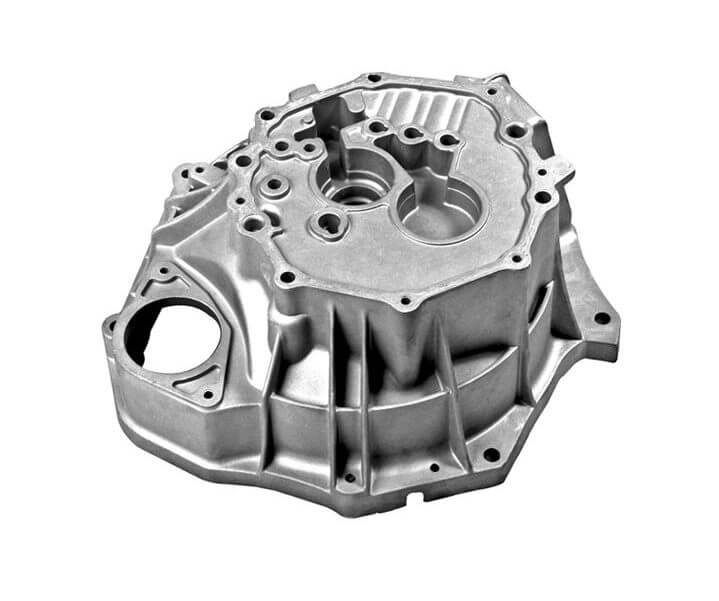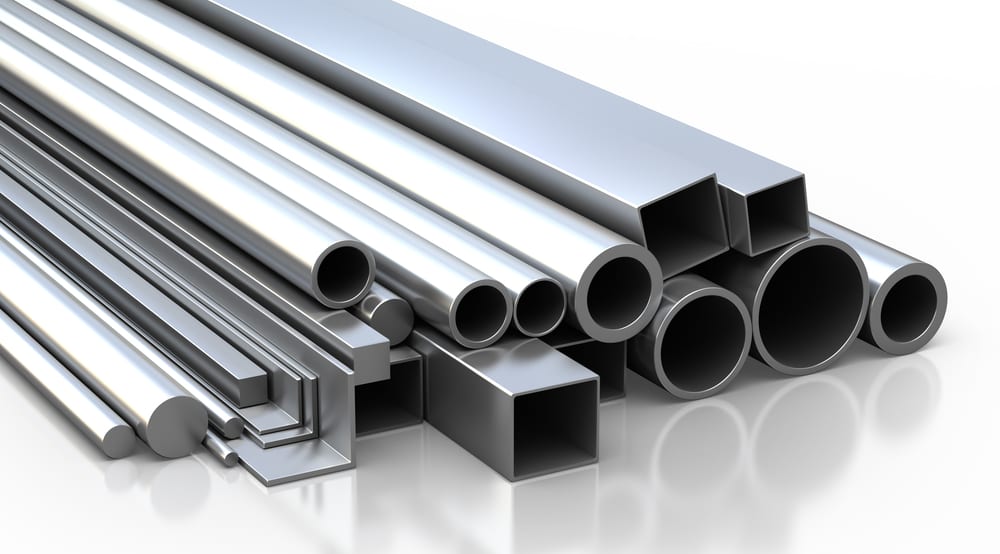Pressure Die Casting
Huapin offers pressure die casting services to produce geometrically complex metal parts through the use of reusable molds, called dies. Our Pressure Die Casting process involves the use of a furnace, metal, die casting machine, and die. The metal, typically a non-ferrous alloy such as aluminum or zinc, is melted in the furnace and then injected into the dies in the die casting machine.
Huapin is equipped with both hot chamber machines (used for alloys with low melting temperatures, such as zinc) and cold chamber machines (used for alloys with high melting temperatures, such as aluminum). We are confident to handle your pressure die casting needs.

What is Pressure Die Casting?
Casting is a kind of pressure casting parts, is the use of casting mold installed in the die casting machine, heat to the liquid copper, zinc, aluminum or aluminum alloy metal pouring into the die casting machine inlet, after the die casting, casting the same shape and size of the copper, zinc, aluminum parts or aluminum alloy parts, such parts are called die casting
Application of Pressure Die Casting
Auto parts / Construction accessories / Air conditioning accessories / The wheels
Material
Our pressure die casting material options is alloy materials. Zinc and aluminum alloys are the most widely used, followed by magnesium and copper alloys. We work with many alloy materials as required for the application industries. In addition to our stock material options, First Part can source for desired materials and provide molding with customized raw materials that will match the desired application of your part.
- Tin
- Lead
- Zinc
- Aluminum
- Magnesium
- Copper
- Bronze
- Brass
At present in the electronic industry to use zinc, aluminum, magnesium alloy – based. Zinc has high ductility, can make parts with very thin walls, and is suitable for plating. Low density of aluminum and magnesium, they’re suitable for high-performance applications.

Benefits of Pressure Die Casting
At Hua-pin, our pressure die casting products are durable and affordable. From the tight tolerances and dimensional stability of our castings to the excellent surface finish and complex geometry, the advantages of metal die casting are:
Many castable materials
There are many kinds of metals that can be cast, such as aluminum, magnesium, zinc, etc
Excellent Surface Finish
Smooth surface and accurate size. Pressure die casting can capture even the most intricate details of any design in a mold and use pressure to transfer these details to the part.
Complex Geometry and Design Versatility
Pressure die casting can meet a variety of complex product shape, and parts with thin walls seamlessly with little or no need for post-machining on ejection.
